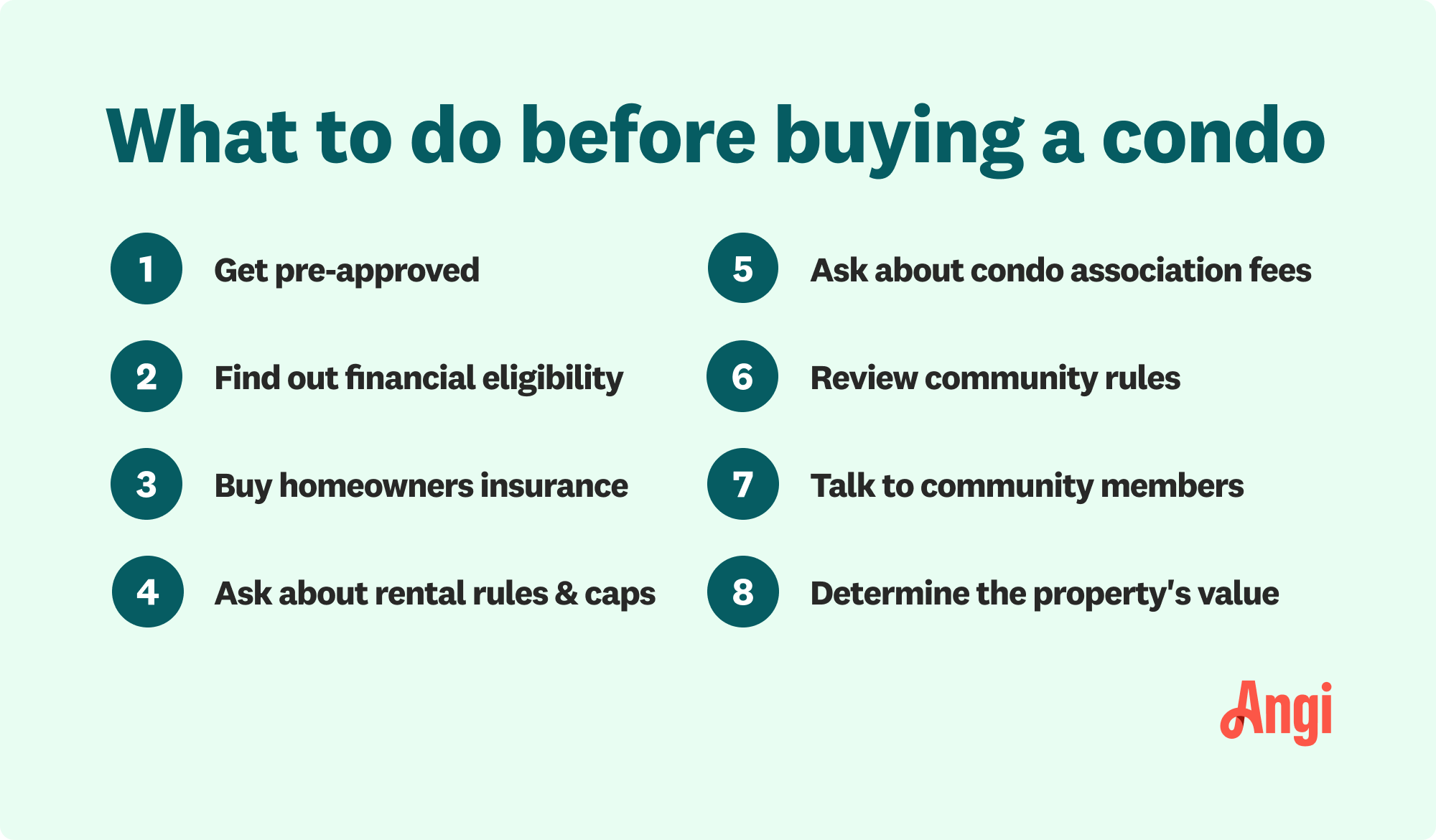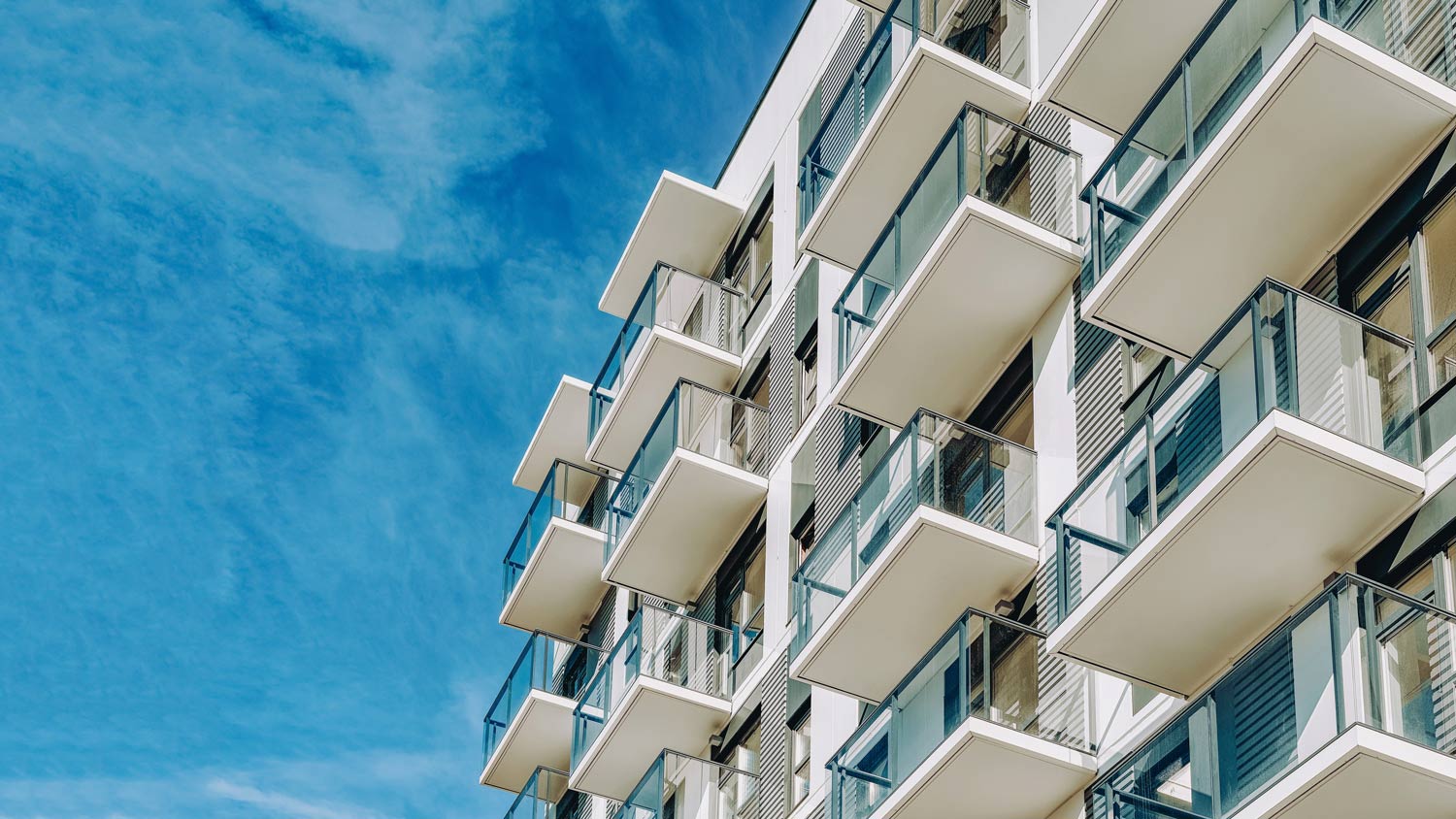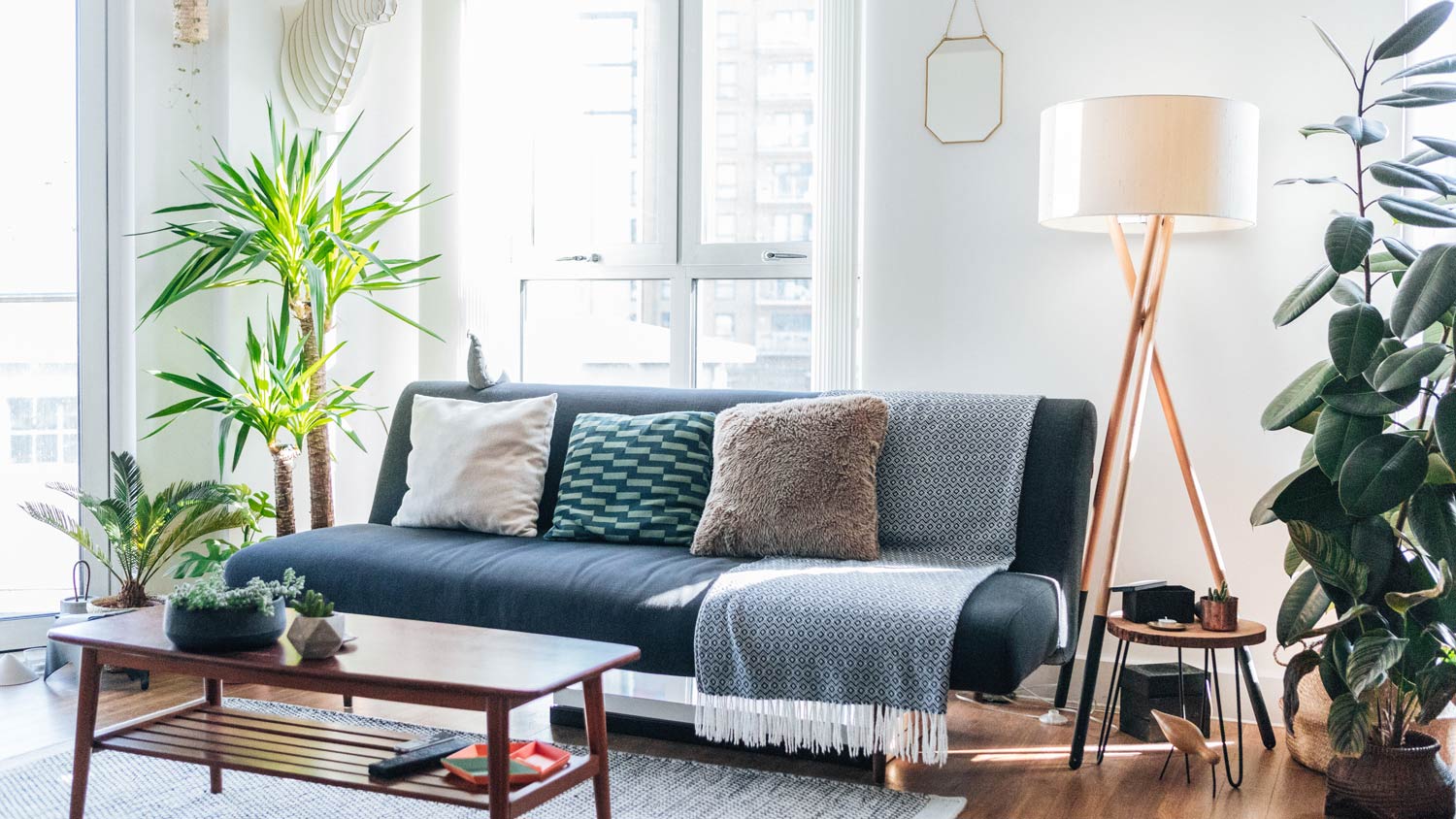Condo Buying Checklist: What to Know Before You Buy
Before you buy a condo, you'll want to ask about things like financing and condo association fees


Thinking about purchasing a condo? There are some major differences compared to the traditional home-buying process. From financing to community rules, you’ll want to use our condo buying checklist to ensure you are fully informed before making your decision. Follow the steps below before signing the deed.

Get Pre-Approved
Before you start looking for your dream condo, you need to get pre-approved. You’ll submit your financial information to a lender, like a bank, for review, and the lender will review your credit score and credit history.
The lender’s pre-approval will let you know what price range to work with when you start searching for potential units.
There are multiple types of loan options available for condos, including:
FHA loans: Eligible properties may qualify for loans from the Federal Housing Authority
Conventional loans: A traditional lender, like a bank, can offer you loans based on your pre-approval
VA loan: The Veterans Administration has a database of eligible properties that will qualify for loans from this administration
USDA loan: Although most USDA loans are for single-family, rural homes, there are USDA loans available for eligible multi-family properties, like condos
Find Out Financing Eligibility
Buying a condo can be a more complicated financial process than purchasing a home, but oftentimes, the cost of purchasing a condo is lower than a home.
Find the best financing options for you by following these steps:
Loan eligibility: Check that your desired property is approved for loans, especially for options like the FHA or VA loans.
Down payments: Discuss down payments; investment properties or second properties might have higher down payment requirements
Units available for financing: Find out if your desired complex limits the number of units available for financing
Talk to your lender: Share condo association fees, repair funds, and community rules with lenders
Short sales: Consider buying a short sale condo property, which might take longer to purchase but can save you money
Buy Insurance
Living in a building with several other people has its perks and its risks. If there’s a fire, a storm, or other damage, you want to make sure your unit and/or personal belongings are covered.
That’s why the next item on your condo buying checklist should be to look into insurance, like the following:
Community insurance: Check with the building management to review the community’s insurance policy
Homeowners insurance: You might need to purchase your own insurance as well, which is another fee to factor into your budget
Insurance coverage: If you are buying a property from afar, you should consider if the building location is prone to floods, fires, or earthquakes. If so, what does insurance cover, and will you need additional coverage?
Ask About Rental Rules and Caps

Looking into the building’s rules on renting out units and rental caps (owner-occupancy rates), is especially important if you are hoping to purchase a vacation or investment property.
Some buildings will not allow you to rent the unit out at all, while others will put a cap on the number of renters that can reside in the building at one time.
Inquire About Condo Association Fees
Your next condo-buying checklist item is to consider the association fees. These rates can range widely based on the number of units, the age of the building, and property maintenance. Factor in this rate when you are budgeting for your condo purchase.
Here are the important questions to ask about association fees.
How much are the fees?
What do the fees cover?
How much of the fees go toward a repair fund?
What portion of the fees go toward amenities or other community perks?
Ask additional questions before buying a property that needs repairs.
Review Community Rules
Make sure you’re aware of all community rules in the building before purchasing a condo. Here are a few issues you’ll want to get information about:
Quiet hours: If you’re buying a vacation home and have a large family, note any rules about noise levels or quiet hours
Pets: Maybe you’re hoping to vacation here with Fido, but the building doesn’t allow pets
Rules on rentals: If you’re looking to purchase an investment property, note that some buildings don’t allow unit owners to rent out their property
Talk to the Community Members
You may not have thought to put this next task on your condo buying checklist, but it’s a crucial one. When you tour the building and unit, try chatting up a few of your potential neighbors. Meeting a few people beforehand to get a feel for the community vibe is a smart step.
Note the following behaviors when talking with your possible neighbors:
Friendliness: Are people friendly and open to talking with you?
Quiet zone: Does everyone just keep to themselves?
Management and communication: Ask residents about management. Are issues resolved quickly? Is the management team hard to get in contact with?
Determine What Is (and Isn’t) Considered Your Property

Finally, the last task on your condo buying checklist is to find out what you’ll be responsible for in terms of repairs.
When you purchase a house, you pretty much know that you’ll own and be responsible for everything on the property. But in a condo complex, these boundaries may vary. Talk with your real estate agent and review the deed closely.
The building might retain control over the following areas, but then you are off the hook for any repairs those spaces might need:
Balconies
Porches
Patios
Front doors
Windows





- The Ultimate Condo Inspection Checklist
- Does Condo Insurance Cover Water Damage?
- Homeowners Association Questions You Need to Ask Before Move-In Day
- How to Buy a House: The Start-to-Finish Steps You Need to Know
- The Best Home-Buying Checklist: From First Tour to Final Closing
- Building vs. Buying a Home: Which Should You Choose?
- How to Build a House: Your Complete Guide to the Home-Building Process
- 14 Things to Avoid Before Buying a House
- 8 Must-Know Tips for First-Time Home Buyers
- Buying a House That Needs Repairs? Ask These 12 Questions First










